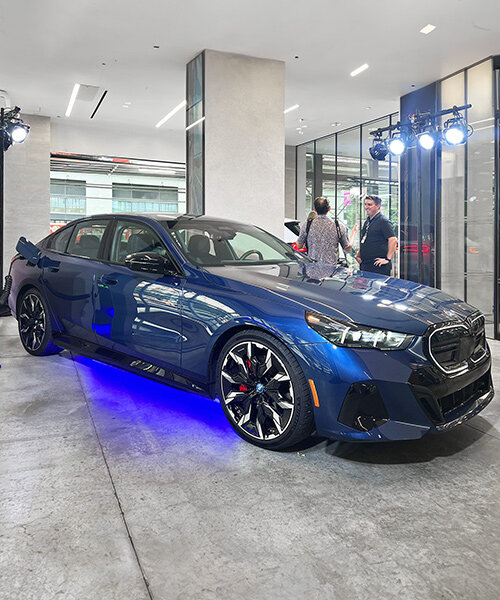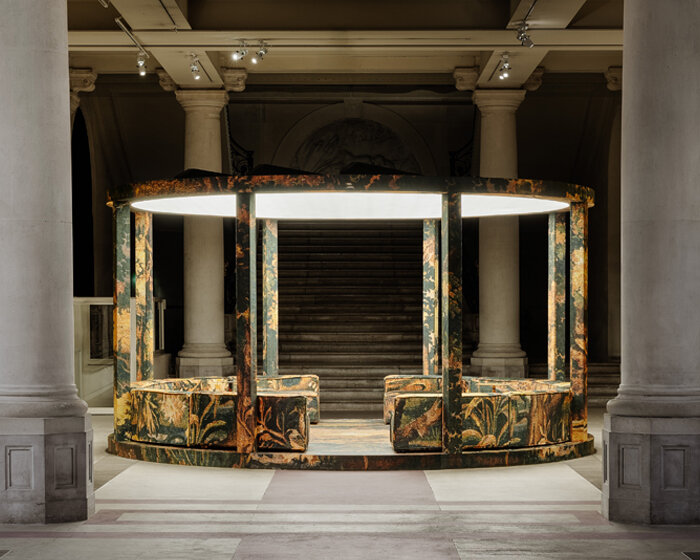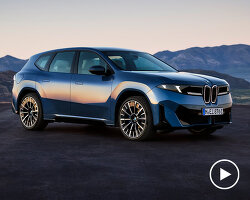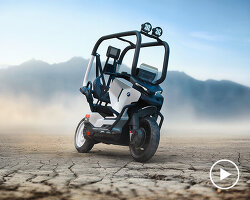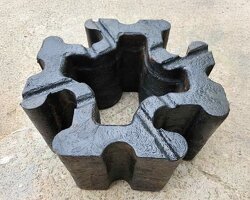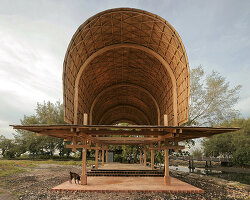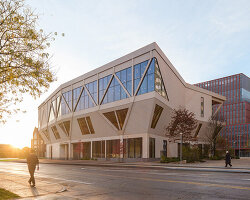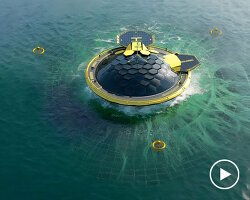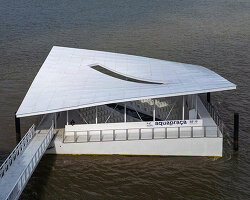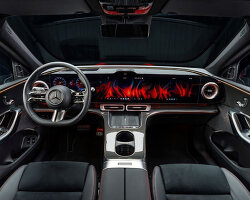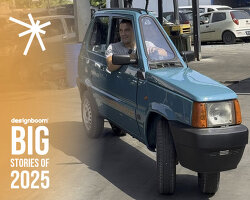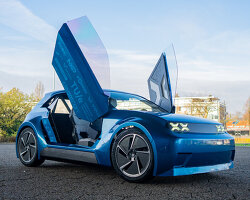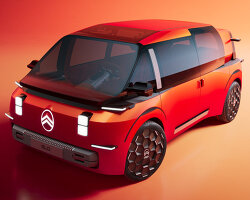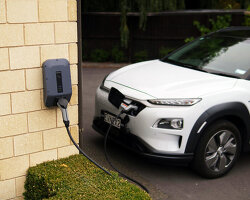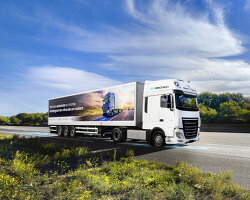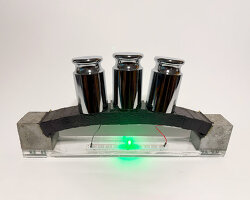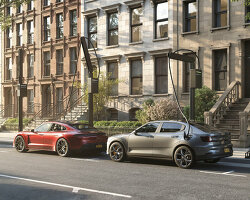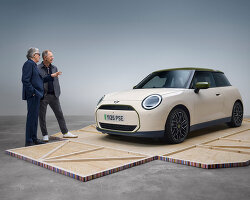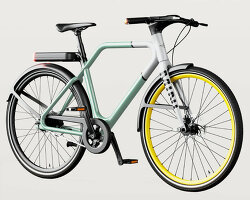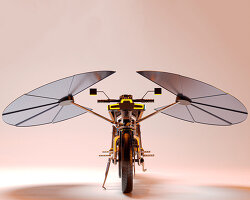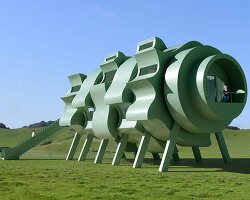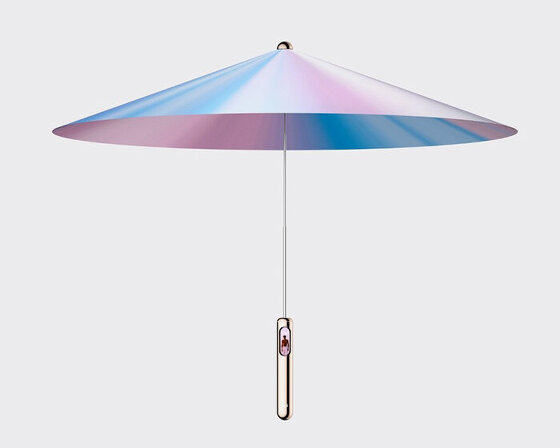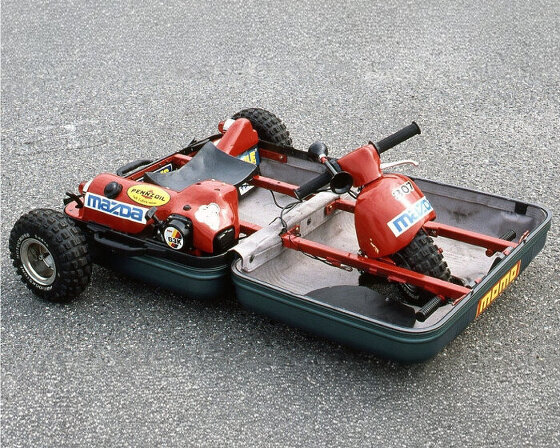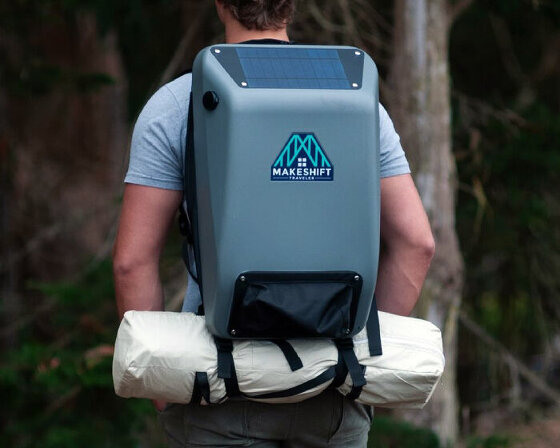BMW Powers Climate Week NYC 2024
BMW has long been at the forefront of innovation in the automotive world, and its advancements in electric vehicles (EVs) are no exception. From the compact i3 to the sleek, high-performance i5 M60, BMW has proven that electric vehicles can be just as dynamic, luxurious, and powerful as its internal combustion counterparts. However, one major hurdle remains — infrastructure. As much as drivers appreciate the power and smooth handling of an EV, they also express anxiety over charging times and station availability, even in major cities like New York. Despite these vehicles’ promise, the world isn’t quite ready to support them at scale. Recognizing these challenges, BMW took a bold step forward by founding Urban-X, a platform designed to help tackle the complex urban issues surrounding energy, climate change, and mobility. As the platform’s team says, ‘Climate change isn’t going to fix itself — so we’re calling on bold innovators to lead the charge!‘
In 2016, BMW’s subsidiary MINI launched Urban-X as a way to foster collaboration between engineers, scientists, startups, and cities to tackle the infrastructure gap in EV adoption. The group understood that addressing the world’s environmental crisis required more than corporate ambition — it required the innovation and fresh perspectives of young startups. Urban-X offers resources, expertise, and mentorship, helping these startups navigate the difficult path from idea to impactful solution.
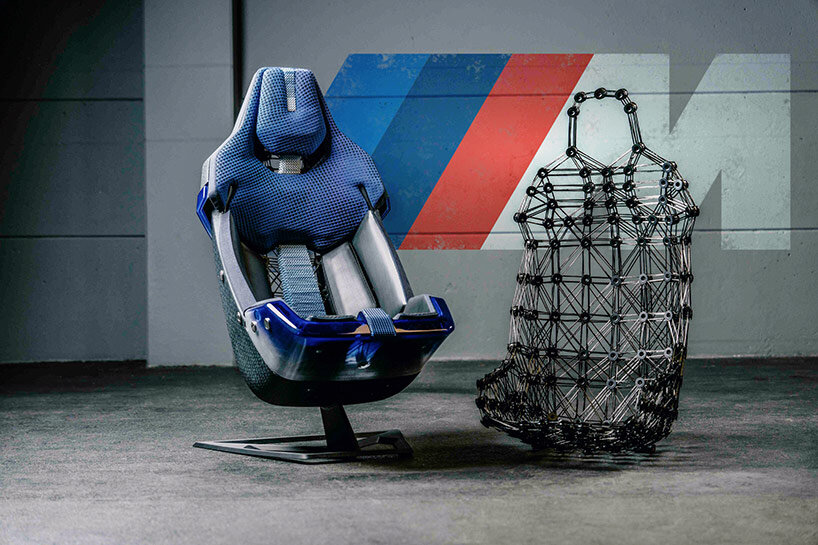
BMW M Visionary Materials Seat | image © BMW Group Designworks
ahead of the curve: Urban-X aims to solve infrastructure puzzle
As part of Climate Week NYC 2024, Urban-X by BMW Group and MINI took center stage, activating conversations around climate change solutions with an emphasis on cities — spaces that house over 60% of the world’s population, cover only 2% of its land area, and generate over 70% of global greenhouse gas emissions (see here). The platform showcased startups with forward-thinking approaches to renewable energy, carbon capture, and EV infrastructure, bringing to life the solutions that could transform urban landscapes into cleaner, more sustainable environments. Three standout companies presented during Climate Week as part of BMW’s Urban-X accelerator — itselectric, Virtus Solis, and Vycarb.
Alongside its Urban-X demonstration, BMW Group’s creative studio Designworks displayed its BMW M Visionary Materials Seat, which is made from natural and recycled components with innovative processes to demonstrate a 90% carbon footprint reduction. See designboom’s coverage of the Designworks studios which opened in Santa Monica, California at the start of 2023, and read along below to discover some of the startups partnering with Urban-X!
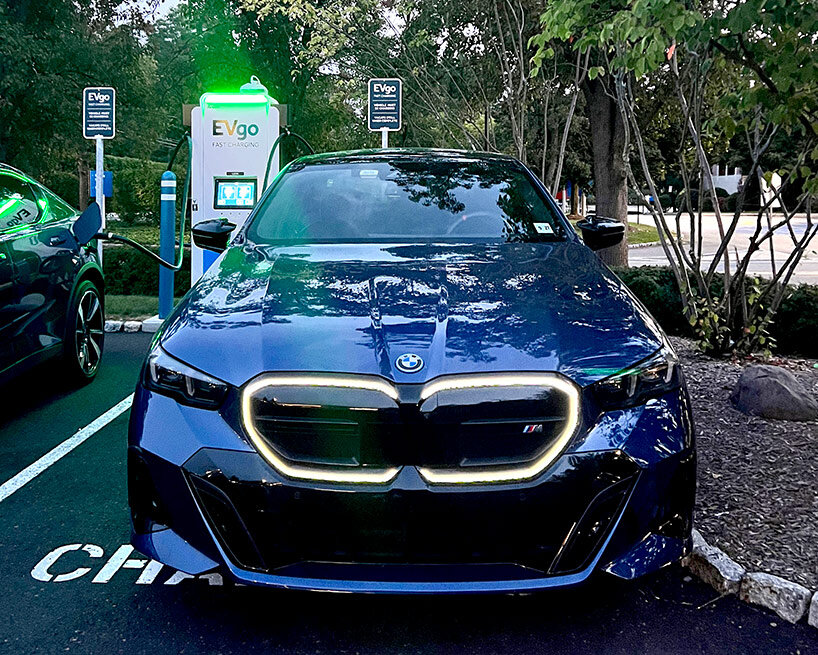
designboom tested the BMW i5 M60 | image © designboom
ItsElectric: Curbside EV Charging for Urban Areas
One of the most pressing challenges for widespread EV adoption is access to charging stations, even in major cities like New York. Most EV drivers charge in their garage or driveway — a luxury which is not overly common in urban areas. Enter itselectric, a startup dedicated to installing curbside charging stations designed for cities and powered by buildings. During Climate Week, the startup demonstrated its EV charging units, small but powerful, and designed to be built quickly, easily, and with less expense.
Tiya Gordon, itselectric co-founder and COO, explains the simple but revolutionary idea: ‘For every other company, installing a charger in New York requires a permit with the utility. This takes about eighteen months, and costs sometimes hundreds of thousands of dollars. Instead, we power the charger from ‘spare electrical capacity,’ which every building has. We run a very shallow conduit below the sidewalk to the curb and erect a public charger. We like to say we’re not Deep Tech, we are Shallow Tech.’
This solution is especially important for residents who don’t have access to private garages where they can easily plug in their vehicles, and for ride-share drivers who often travel out of the city to charge their cars. itselectric has worked closely with BMW’s Urban-X team to refine its product and ensure it’s ready for widespread use. The solution could be key in bridging the infrastructure gap that still holds back EV adoption in many major cities.
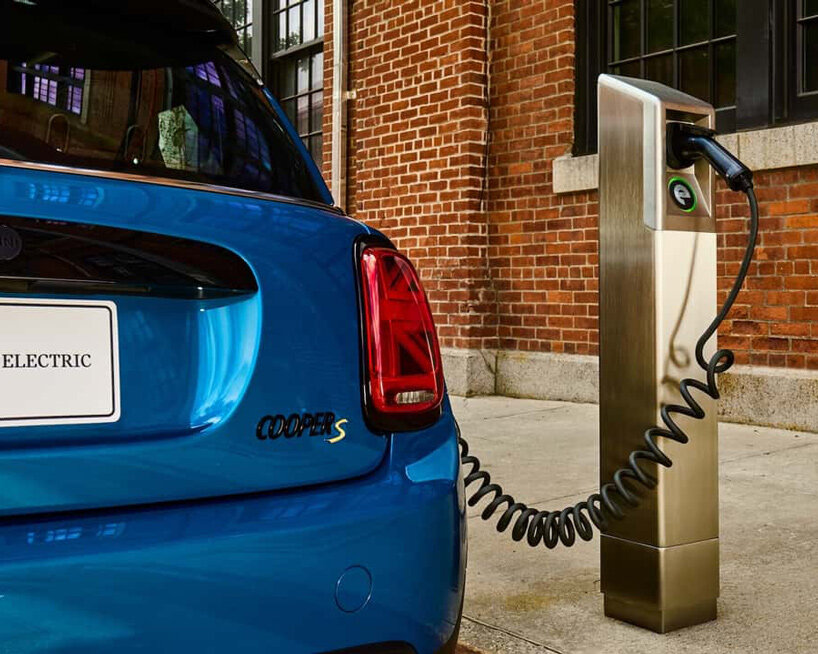
itselectric curbside charging ports will connect directly to buildings | image © itselectric
Virtus Solis: Harnessing the Power of Space-Based Solar
Virtus Solis, Latin for ‘Power of the Sun,’ has taken a groundbreaking approach to energy generation. While traditional renewable energy sources like solar and wind are valuable, their intermittency — caused by the day-night cycle and weather patterns — limits their efficiency. Virtus Solis is addressing this challenge by looking beyond the Earth’s atmosphere, to space. Its ambitious plan: space-based solar power.
John Bucknell, Virtus Solis Founder and CEO, describes his team’s solution: ‘There’s been an idea called ‘space-based solar power’ for 100 years, but it hasn’t been economical until now. We put solar panels in space, where the sun always shines, and use a wireless power link to bring energy to the ground, converting it back to electricity. We’ve solved the wireless challenge and designed a system with low energy costs and hypermodular components. We plan to deploy our first system in 2030, aiming for under $100 per megawatt hour. By the time we deploy five gigawatts, we’ll be at $30 per megawatt hour, competitive enough to displace fossil fuels globally.’
By placing solar panels in orbit, where sunlight is constant, Virtus Solis aims to transmit energy back to Earth via a wireless link. What sets this company apart is that it has successfully demonstrated its proof of concept. The team presented a demo at BMW’s Climate Week event, and projects that its technology will be able to generate power at rates competitive with current fossil fuels, making space-based solar a real contender in the global energy market. Its long-term goal is to bring electricity costs down to a level that makes fossil fuels obsolete — ultimately accelerating the world’s transition to renewable energy.
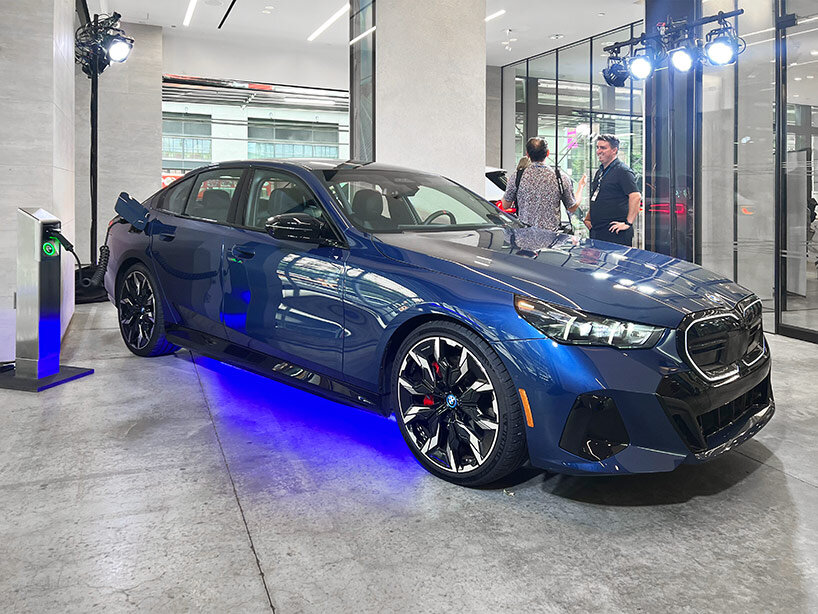
BMW i5 M60 on display with itselectric charging port during Climate Week NYC 2024 | image © designboom
VYCARB: Removing Carbon, One Ton at a Time
Brooklyn-based startup Vycarb is addressing a different aspect of the climate challenge: carbon capture. At BMW’s Climate Week event, the team laid out the stark reality that while decarbonizing industries is vital, it’s also incredibly difficult. This is where carbon capture technologies step in to help reduce greenhouse gases in the atmosphere. However, the current landscape of carbon offset markets is fraught with problems, from lack of permanence to high costs. Vycarb offers a game-changing solution. Its technology allows for the permanent removal and storage of CO2, addressing the need for verifiable and scalable carbon capture systems.
Garrett Boudinot, Founder and CEO says: ‘At Vycarb, we’ve developed a technology that captures, removes, and stores CO2 in a permanent, measurable, and low-cost way. Our drop-in system captures CO2 and converts it to bicarbonate, which is dissolved in water, permanently storing it for over 100,000 years. This process uses a low-cost mineral feedstock, which is abundant globally and can remove all 1.4 trillion tons of CO2 humans have produced. Our scalable technology includes a sensing system that quantifies the CO2 stored in real-time, proving its effectiveness and improving water quality in many cases.’
With Vycarb’s approach, companies can trust that the carbon they offset is truly gone from the atmosphere, solving the credibility issues that have plagued the carbon offset market. By making carbon capture both affordable and reliable, Vycarb could pave the way for more industries to adopt meaningful decarbonization practices.
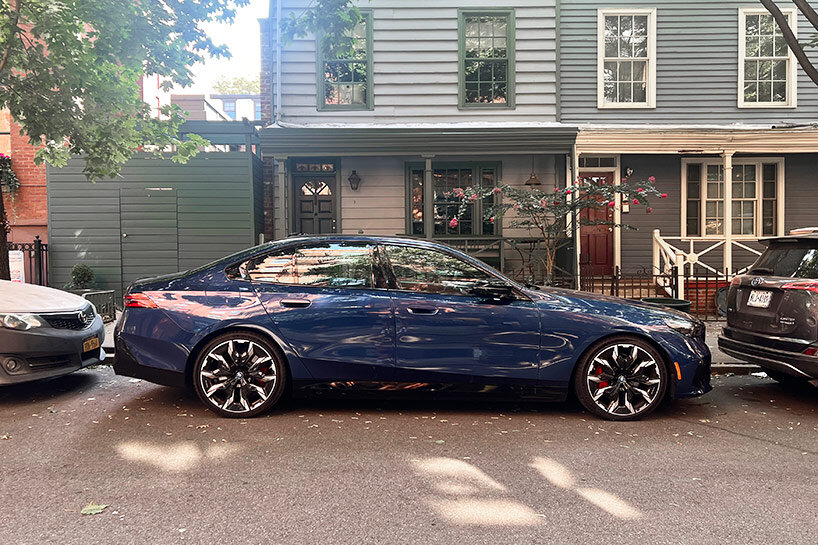
only 100 Level 2 curbside charging ports are available for the public across NYC | image © designboom
material innovations by bmw group designworks
Alongside the Urban-X presentations, BMW Group Designworks showcased its BMW M Visionary Materials Seat, which recently received the 2024 Altair Enlighten Award in the Sustainable Process category. The design, color, and material concept of the seat were developed by Designworks in collaboration with the BMW design team. This seat highlights the group’s commitment to developing innovative materials aimed at reducing emissions and conserving resources. Made from natural and recycled components, including natural fibers, fiber composites, leather alternatives, and algae-based polymers, the seat also features simpler modules and materials organized by type to allow for recycling at the end of its lifecycle. With its ultra-light, robotically-wound fiber composite support structures, natural-origin materials, and high recyclability, the seat has a carbon footprint that is 90% lower than a current BMW M carbon bucket seat.
BMW’s commitment to the environment doesn’t stop with its EV lineup and material innovations. With Urban-X, it has created a platform that empowers the next generation of climate innovators to bring their solutions to life. From energy production to carbon capture and EV infrastructure, these startups — itselectric, Virtus Solis, and Vycarb, along with Dollaride and OneSix Energy — represent the type of forward-thinking that will be essential to creating sustainable cities.
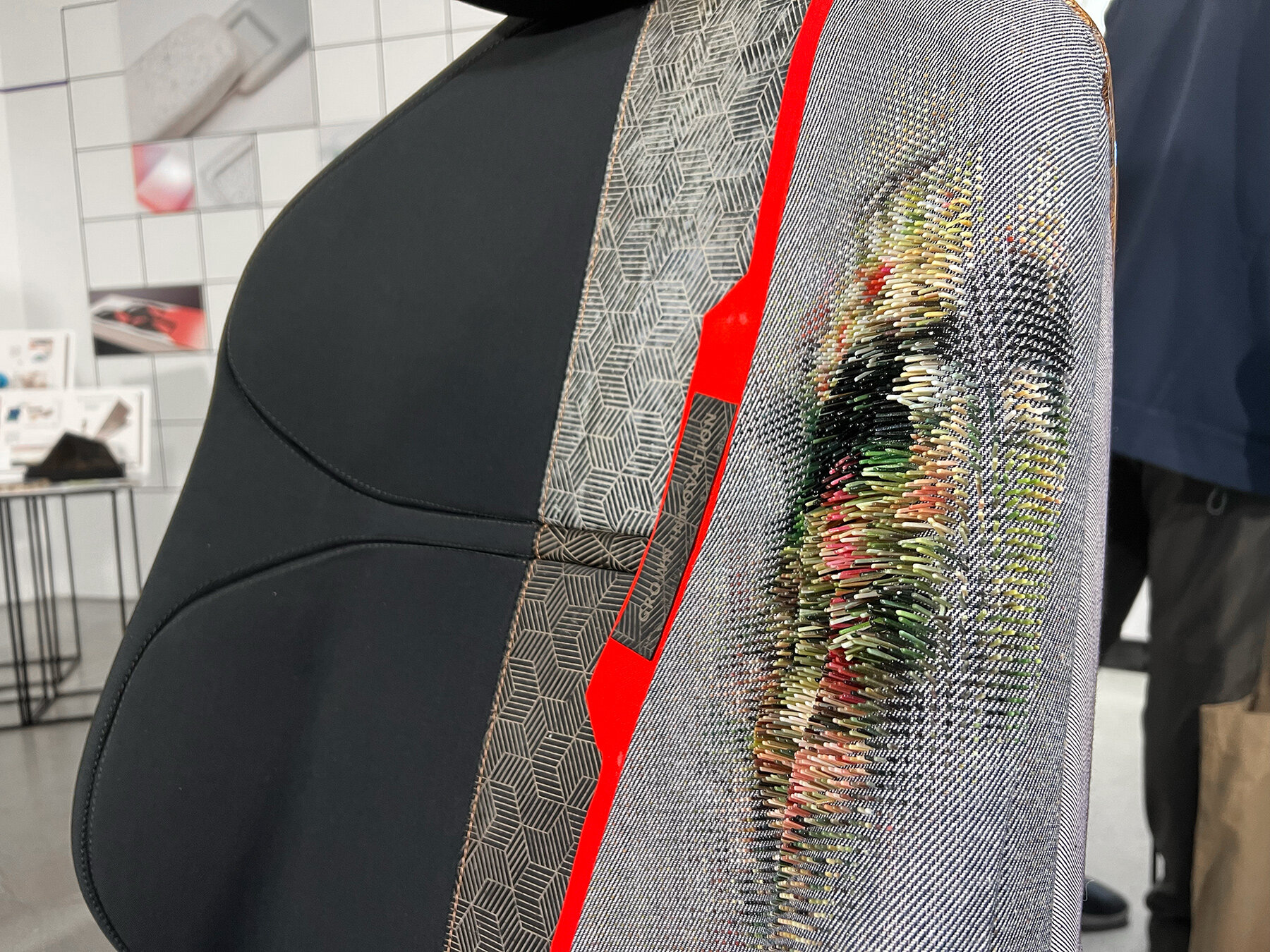
experimental material studies on display at Designworks LA | image © designboom
happening now! thomas haarmann expands the curatio space at maison&objet 2026, presenting a unique showcase of collectible design.
